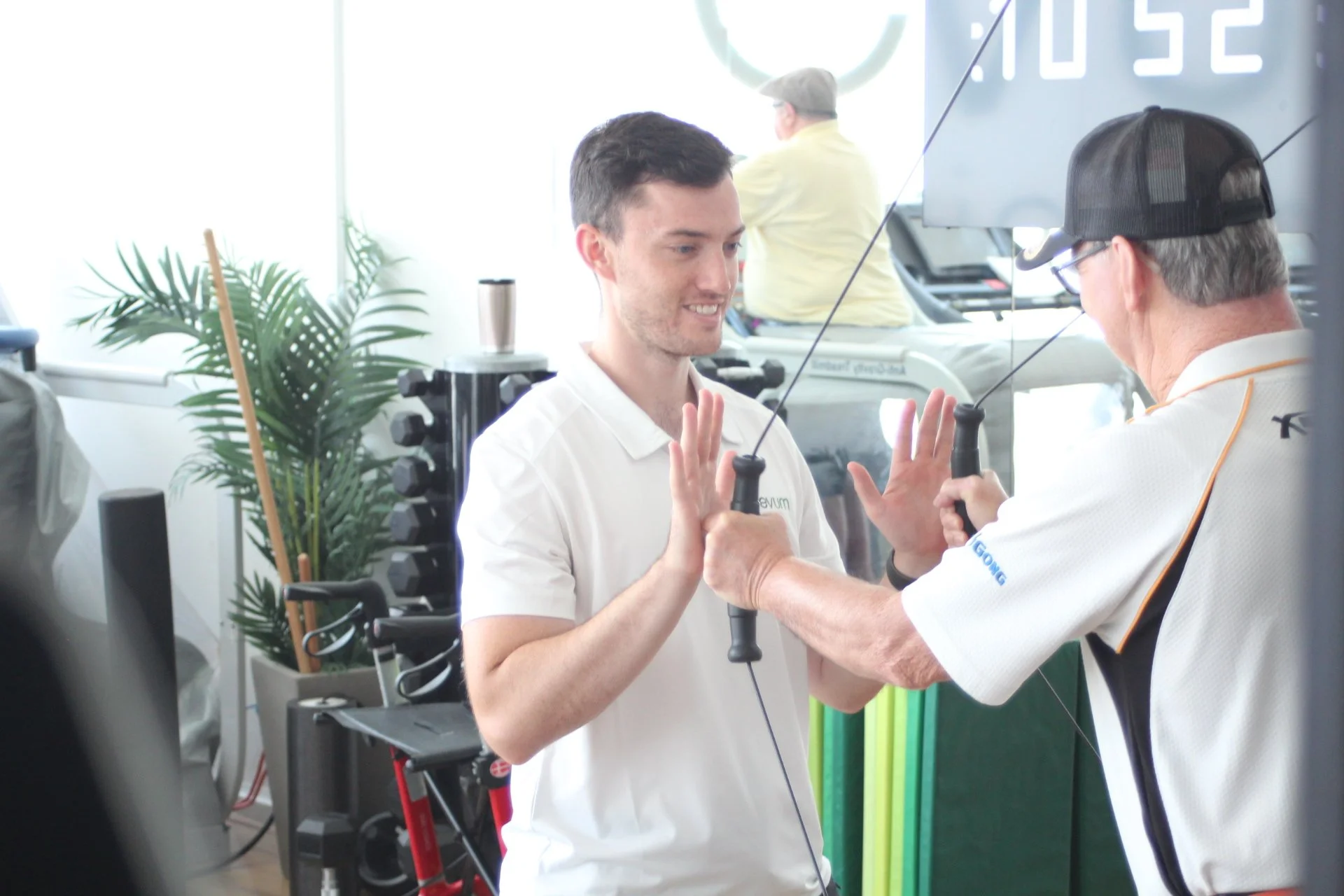Resistance Training for People with Multiple Sclerosis (MS)
Multiple Sclerosis (MS) is a chronic autoimmune disease that affects the central nervous system. It can cause a wide range of symptoms, including muscle weakness, fatigue, and difficulty with coordination and balance. While there is no cure for MS, exercise – and resistance training in particular – has been shown to have a positive impact on managing symptoms, improving overall quality of life for those with the disease.
What are the Benefits of Resistance Training for People with MS?
Resistance training is a type of exercise that involves working against resistance to build strength and improve muscle tone. It can be done using weights, resistance bands, or other equipment. For people with MS, resistance training has a number of benefits, including:
Improving muscle strength: Resistance training can help improve muscle strength, which can be especially beneficial for those with MS who may experience muscle weakness as a result of the disease.
Increasing endurance: Regular resistance training can also help improve endurance, allowing individuals with MS to perform daily activities with greater ease.
Improving balance and coordination: Resistance training can also help improve balance and coordination, reducing the risk of falls and injury.
Boosting mood: Exercise in general has been shown to have a positive impact on mood, and resistance training is no exception. It can help relieve symptoms of depression and anxiety for people with MS.
Developing a Resistance Training Program for People with MS
Cable based resistance training can be a great option.
Before starting a resistance training program with your Physiotherapist or Exercise Physiologist, determine what types of exercises and equipment are safe and appropriate for you in consultation with them. In general, it is recommended that people with MS start with light weights and gradually increase the resistance as they become stronger. It is also important to include exercises for both the upper and lower body, as well as for core stability. At Aevum, we have specialised equipment that enables us to provide comprehensive support for individuals with MS who require an appropriate strengthening program. It's important to keep in mind that every individual's experience with MS is unique, and what may work for one person may not be suitable for another. As such, it's vital to pay attention to your body's response and modify your resistance training program accordingly.
Safety Considerations for People with MS and Resistance Training
There are a few safety considerations to keep in mind when starting a resistance training program for people with MS. These include:
Avoiding exercises that may trigger symptoms: Some exercises may trigger symptoms for people with MS, such as fatigue or muscle weakness. It is important to find the correct level of exercise so that you are pushing yourself to gain the benefits associated with exercise, but not too hard that you crash after your sessions.
Starting with light weights: It is important to start with light weights and gradually increase the resistance as you become stronger. This can help reduce the risk of injury and ensure you can progress safely.
Staying hydrated: Exercise can cause dehydration, so it is important to stay hydrated before, during, and after your resistance training session.
Thermal regulation: It is important that your physiotherapist is aware of your needs to manage your core temperature. At Aevum, we allow for lots of fans, airflow, and regular cool-down breaks. We also utilise a mechanically operated chilled water vest called a Game Ready Med4 Elite, which allows us to rapidly cool down an individual to get the most out of each session.
Final Thoughts
Resistance training can have several positive benefits for people with Multiple Sclerosis (MS), including improved muscle strength, endurance, balance and coordination, and mood. Before starting a resistance training program, it is important to consult with a physio experienced in the area to determine what types of exercises and equipment are safe and appropriate for each individual. With the right approach, resistance training can be a valuable tool for managing symptoms and improving the overall quality of life for people with MS.

